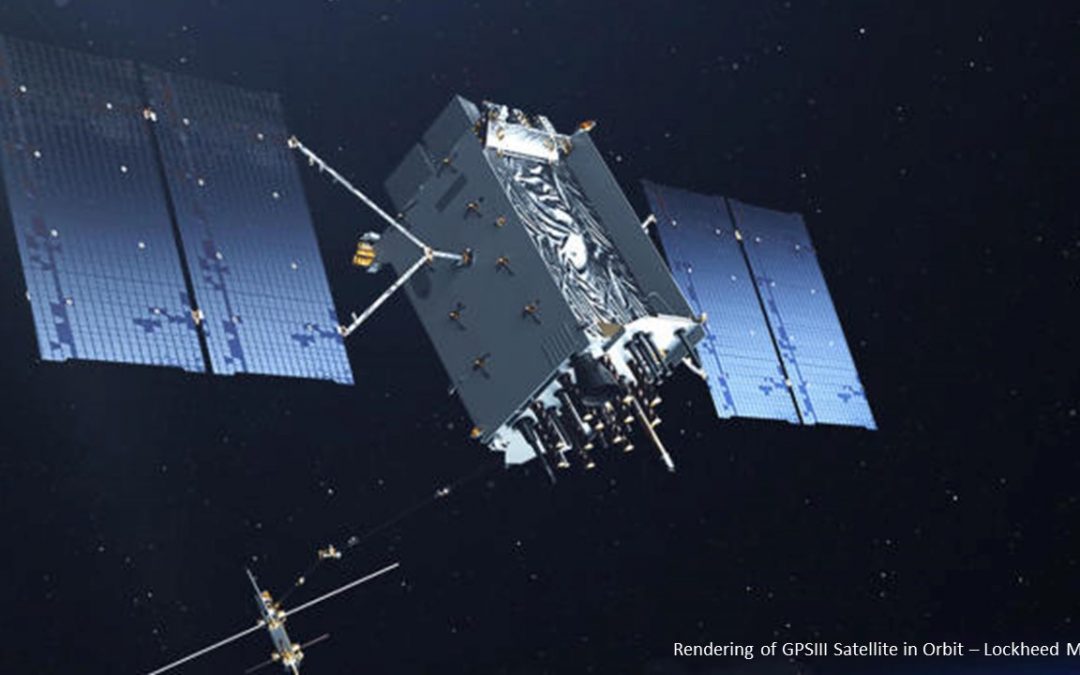Blog Editor’s Note: A good overview article based on a conversation with Dr. Brad Parkinson.
Of special interest are comments near the end about drones and their use of GPS. Such vulnerable signals in unmanned systems, especially drones, poses serious questions about safety, security, and overall viability of the technology.
While drone operators and manufacturers are very much aware of the problem, they are not eager to discuss in public. To quote one industry representative “We have enough problems with public acceptance of our services and products. Why would we want to raise yet another issue?”

GPS inventor: We need to fix GPS’s jamming problem
As we become ever-more reliant on GPS, the prospect of it going down seems increasingly worrying.


